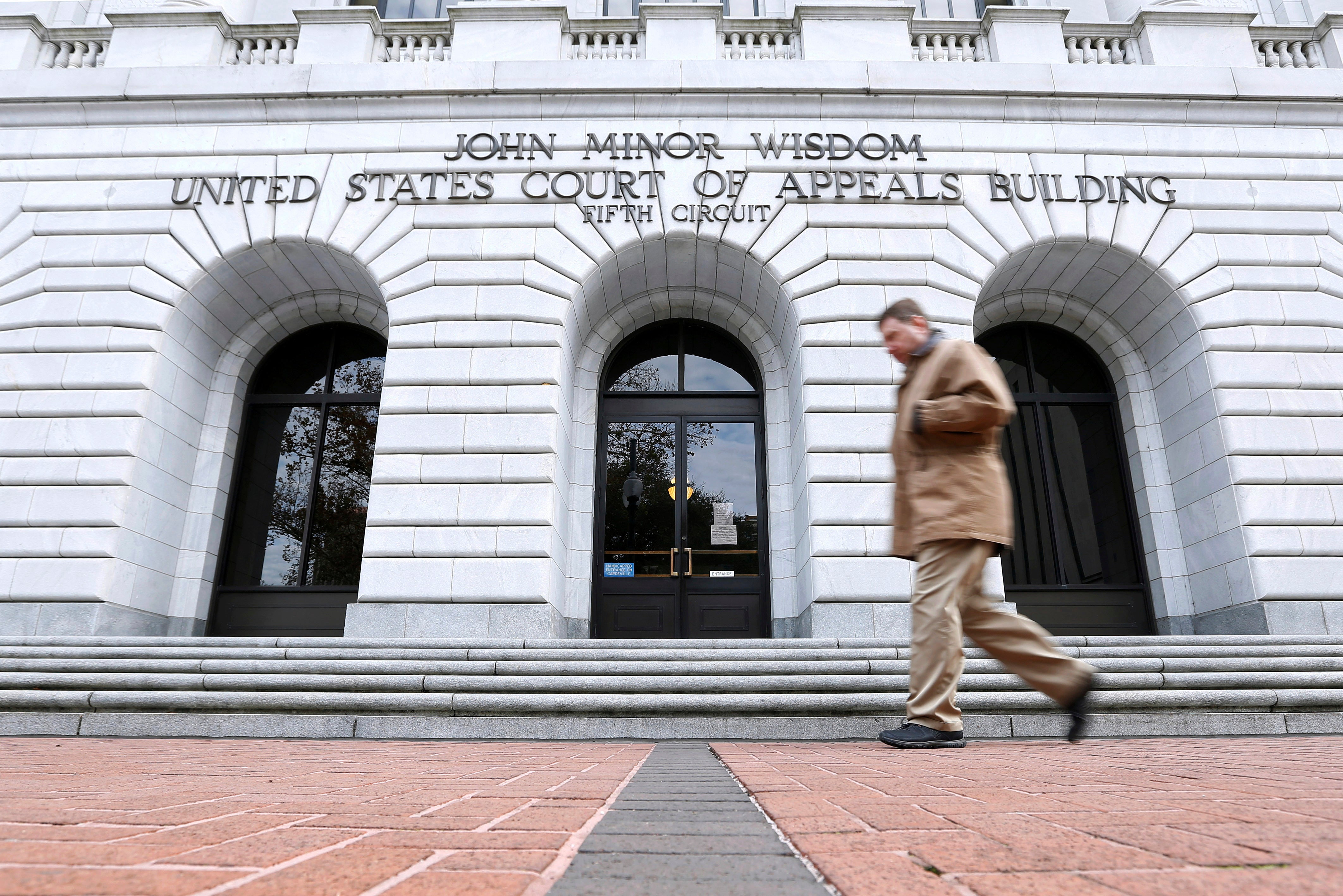Appeals judges rule against fund used to provide phone services for rural and low-income people
A federal appeals court in New Orleans has ruled unconstitutional a method the Federal Communications Commission uses to fund telephone and broadband services for rural and low-income users

Calling it a “misbegotten tax,” a federal appeals court in New Orleans ruled Wednesday that a method the Federal Communications Commission uses to fund telephone service for rural and low-income people and broadband services for schools and libraries is unconstitutional.
The immediate implications of the 9-7 ruling by the 5th U.S. Circuit Court of Appeals were unclear. Dissenting judges said it conflicts with three other circuit courts around the nation. The ruling by the full 5th Circuit reverses an earlier ruling by a three-judge panel of the same court and sends the matter back to the FCC for further consideration. A Supreme Court appeal was likely by advocates for media access.
“The majority’s hostility to the policies underlying the Universal Service Fund is palpable. That, plus the bipartisan group of seven dissenters, makes it almost certain that the Supreme Court will agree to hear the issue,” said Andrew Schwartzman, an attorney representing advocacy groups including the Benton Institute for Broadband & Society.
At issue in the case is the Universal Service Fund, which the FCC collects from telecommunications providers, who then pass the cost on to their customers. A conservative advocacy group, Consumer Research, challenged the practice.
Programs funded through the USF provide phone service to low-income users and rural healthcare providers and broadband service to schools and libraries. “Each program has a laudable objective,” Judge Andrew Oldham, nominated to the 5th Circuit by former President Donald Trump, wrote for the majority.
The 17-member court is dominated by members nominated by Republican presidents. Two Republican nominees joined five nominees of Democratic administrations in dissent.
Oldham said the USF funding method unconstitutionally delegates congressional taxing authority to the FCC and a private entity tapped by the agency, the Universal Service Administrative Company, to determine how much to charge telecommunications companies. Oldham wrote that “the combination of Congress’s broad delegation to FCC and FCC’s subdelegation to private entities certainly amounts to a constitutional violation.”
Judge Carl Stewart, nominated to the court by former President Bill Clinton, was among 5th Circuit judges writing strong dissents, saying the opinion conflicts with three other circuit courts, rejects precedents, “blurs the distinction between taxes and fees,” and creates new doctrine.
The Universal Service Administrative Company referred a request for comment to the FCC, which did not immediately respond to phone and emailed queries.
Bookmark popover
Removed from bookmarks